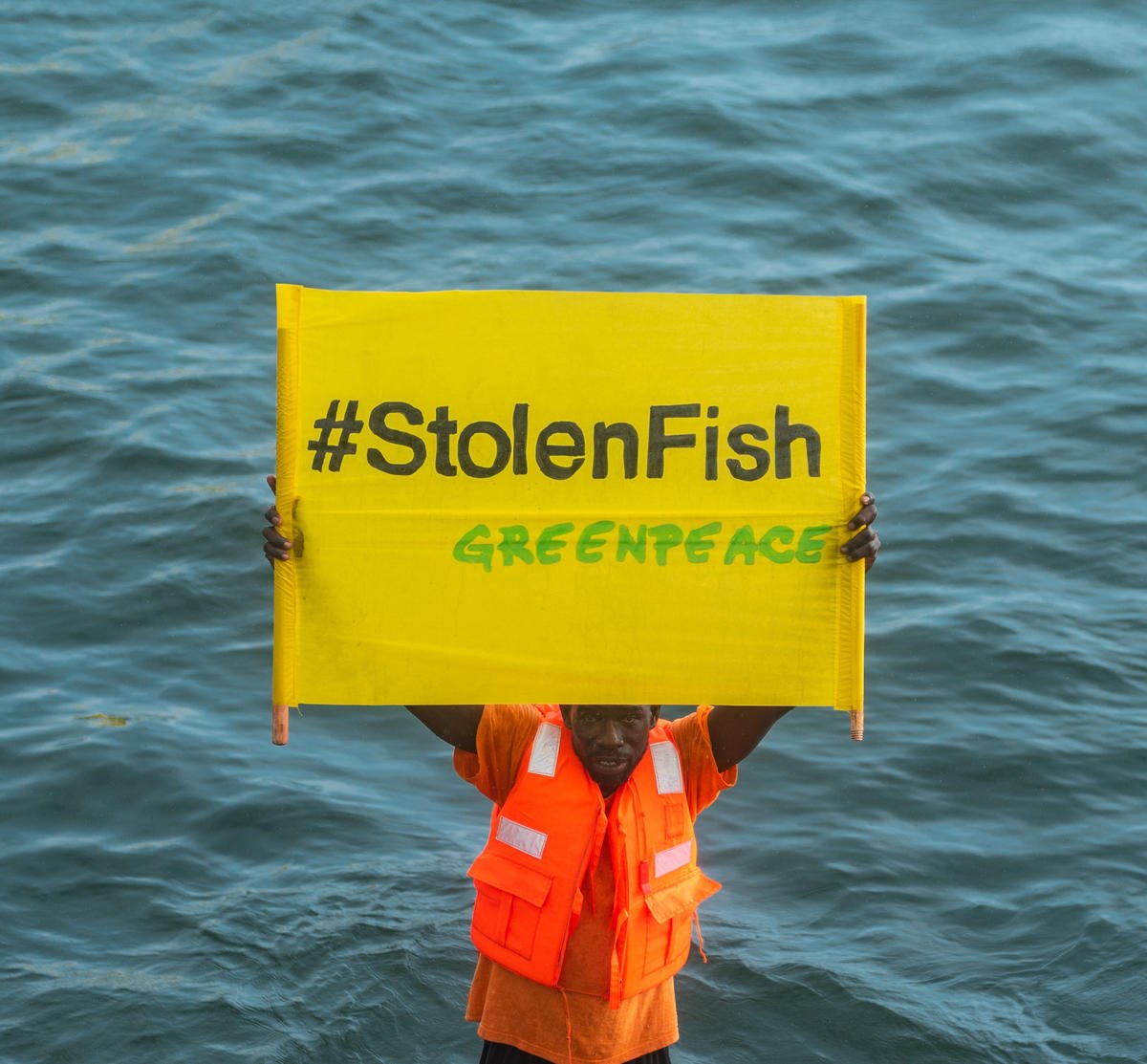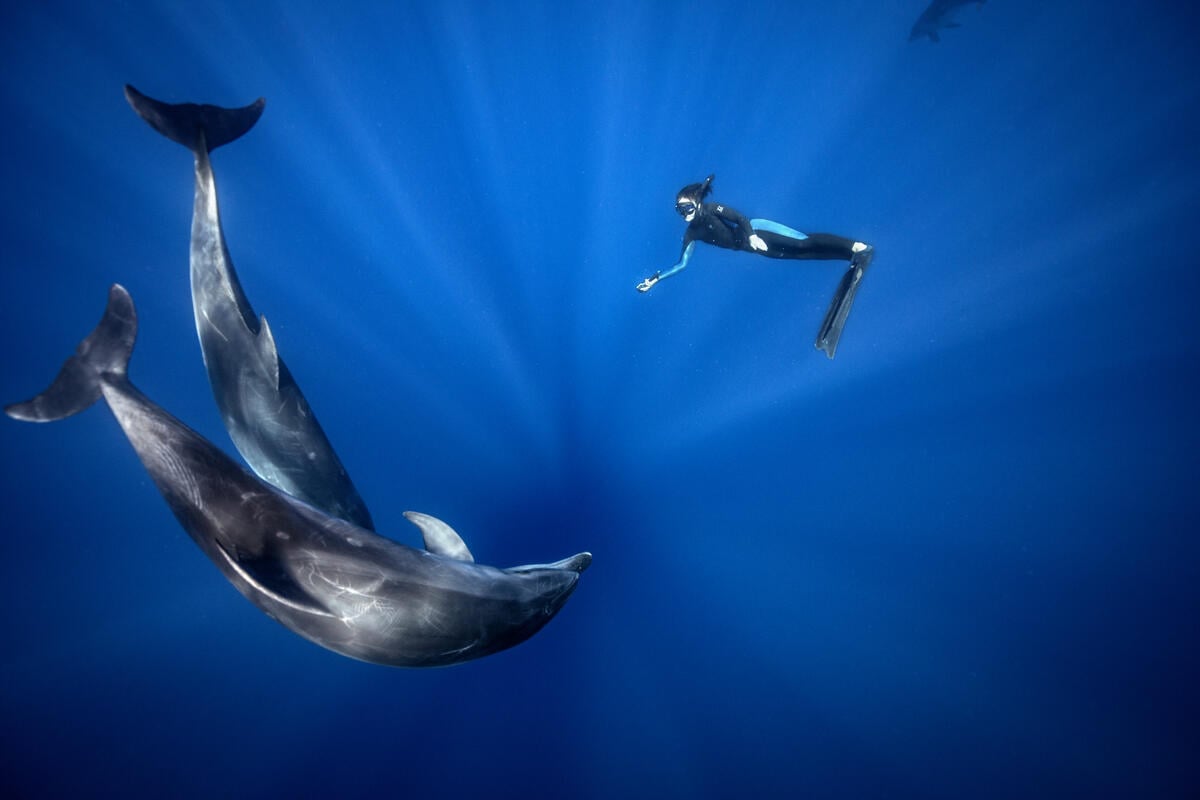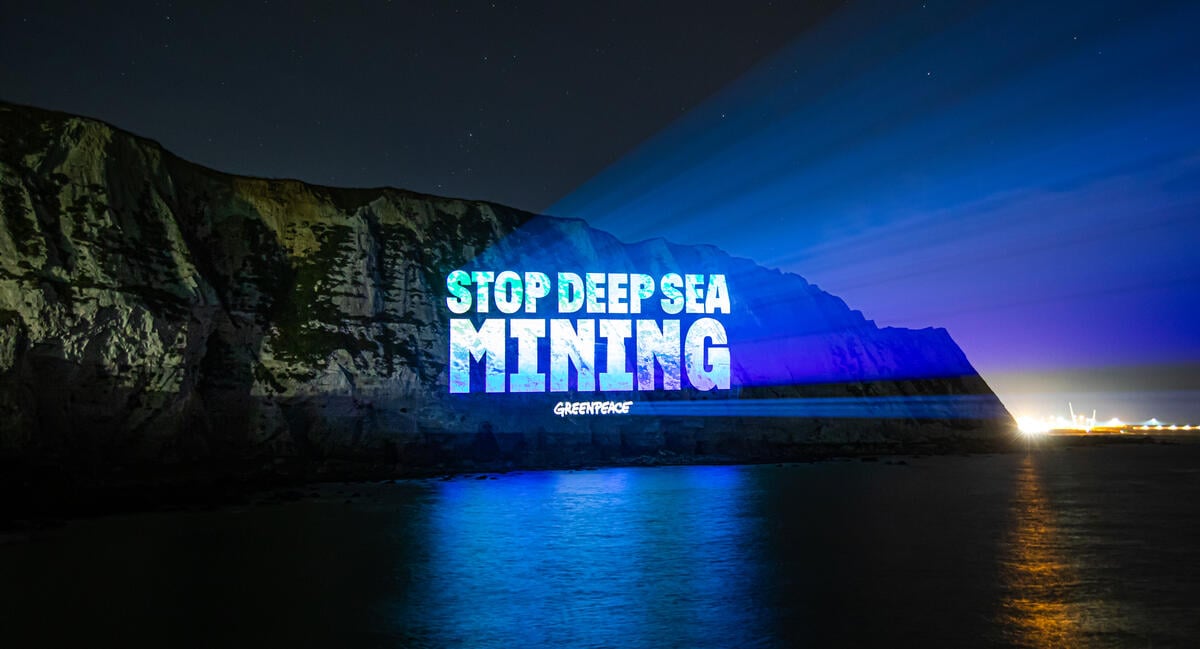“What are we going to do if we can’t process fish? How will we take care of our families and our children’s education?”
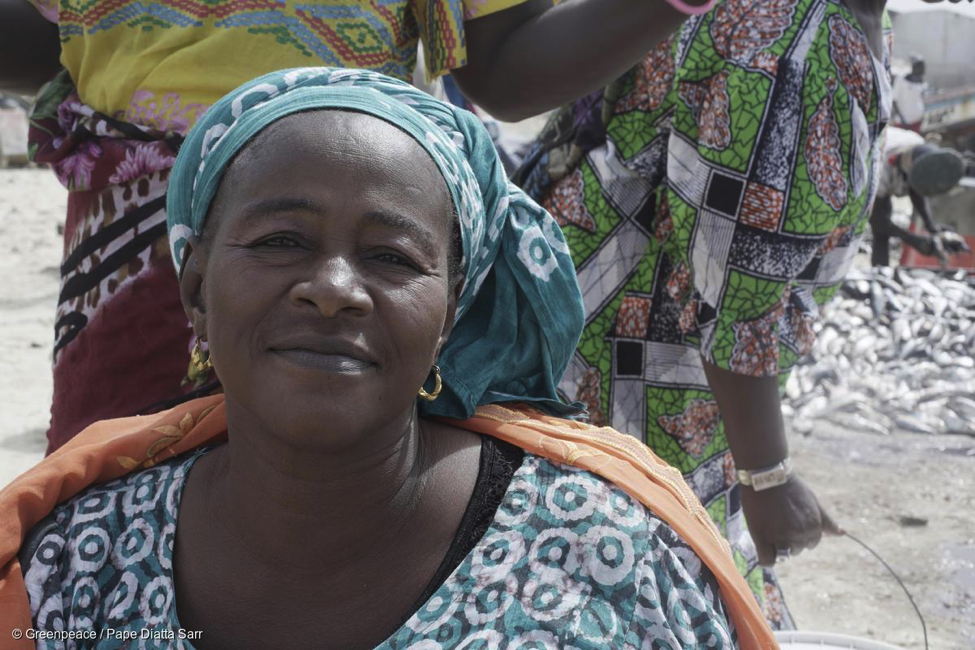
This is what the women of West Africa are telling me again and again, when I meet them to share thoughts about the concerning expansion of fishmeal factories in the region. This is also the concerns they are sharing today when standing united on World Fisheries Day.
What seems like an impossibility is their reality. Because of expanding fishmeal factories, millions of people in West Africa are now risking their jobs, livelihood, and food security. The marine ecosystem is suffering too. Why? Because tonnes of fresh fish is sucked up by the industry to feed animals in Europe and Asia.
Today, I am happy to stand united with women, who are in the front line of losing their jobs to the fishmeal factories and are now gathering at their joint press conference here in Dakar to sound the alarm. More than ever, they are determined to make themselves heard and fight for what they describe as a struggle to survive and preserve their jobs as well as their dignity as women.
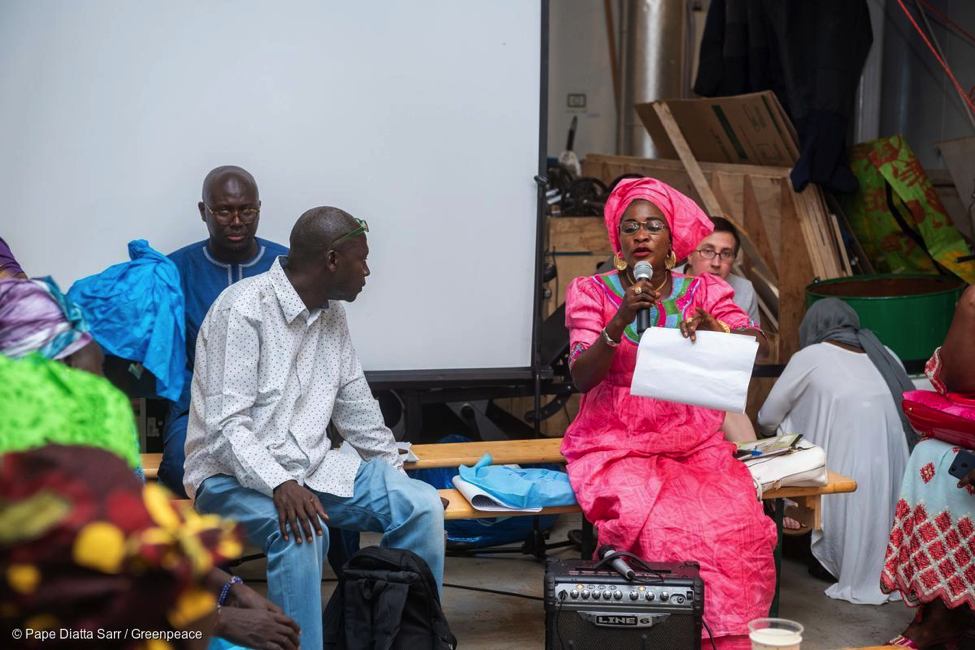
“It is with the income generated by fish processing that we manage to provide for ourselves and our families,” recalls Djaba Diop from the fish processing site of Thiaroye, Dakar.
She is supported by female processors coming from different fish processing sites from the Northern to the Southern parts of Senegal. Places like Kafountine, Joal, Kayar, Mbour, and Bargny. They are all affected by the fishmeal and fish oil factories, and they know that if they do not act together, and raise their own voices, who will?
“What will be left for the next generations if the ocean is empty and destroyed?” they say.
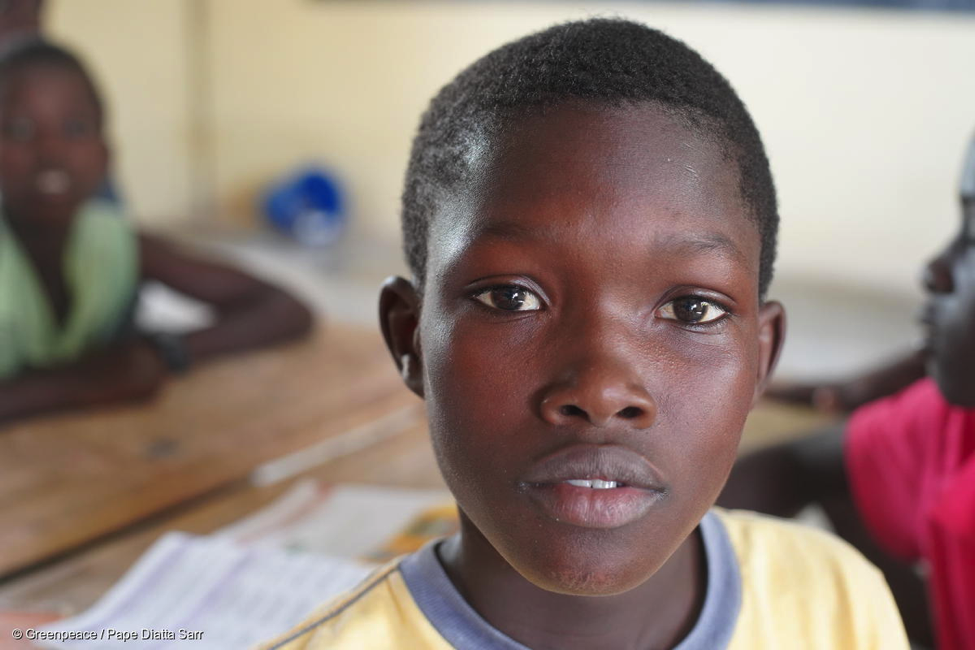
For a country like Senegal, whose second largest sector provider of currency is the fishing sector with more than 600,000 jobs, it is important to ensure the sustainable management of fisheries resources, especially when we know that fish covers about 70% of the animal protein’s needs of the population, with an annual fish consumption of 29.9 kg per capita as highlighted in our latest Greenpeace report on fishmeal and fish oil industry. Today again, female processors reiterate their request to the Senegalese government: Stop granting authorizations for establishment of new fishmeal and fish oil factories and suspend those using fresh fish we could have eaten instead.
The value added and the thousands of jobs created by artisanal fishing and processing are far more numerous than the jobs created by the fishmeal and fish oil factories. They only employ an average of 20 to 40 people per factory. Clearly, expansion of fishmeal and fish oil factories is not economically viable.
Women processors contribute to the national economy, so why putting them in a situation of unfair competition with fishmeal factories that plunge them into unemployment and precariousness? How can we deprive an entire West African and Senegalese populations of fresh fish which will be processed into fishmeal to feed, among others, carnivorous fish, pigs, and chickens in Europe and Asia? This is unacceptable and contrary to the UN sustainable development goals (1,2,3,12,14) that promote Zero Hunger, Food security, and sustainable management of fisheries resources.
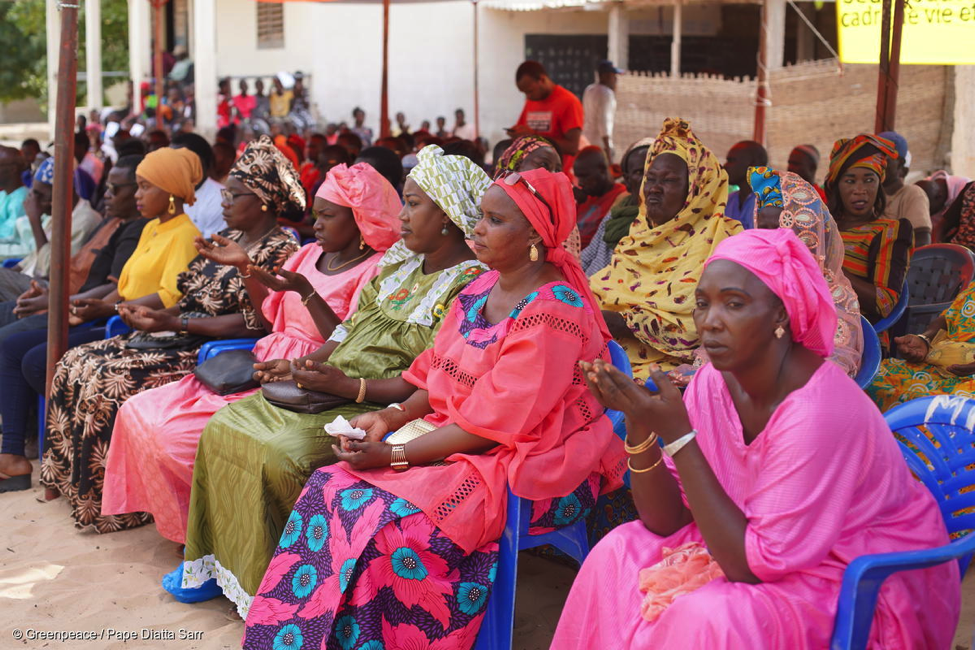
There are solutions to all problems, also to the one at hand. Instead of allowing these fishmeal factories to operate close to local communities, the government would be better off supporting the development of women processors’ business and directing investments towards establishment of refrigerating units. This will enhance the value of women’s processing activity and facilitate the conservation of landed fish’s supply in remote areas of the country and the sub-region.
Women are the pillars of the African society in general, therefore it is important to raise their voices and protect them because by protecting them, it’s a whole society that we protect.

